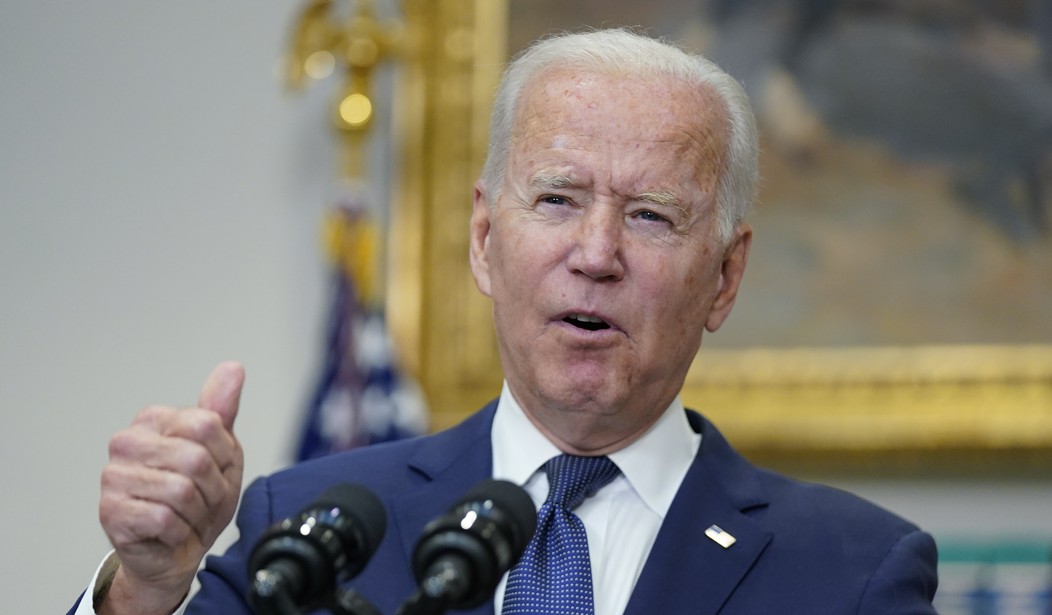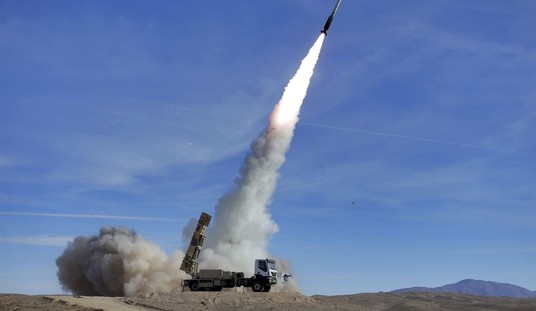President Joe Biden, whose international reputation took a major hit after the disastrous surrender in Afghanistan, traveled to New York City to address the United Nations General Assembly Tuesday.
In roughly 30 minutes of remarks, Biden claimed the world stands at an “inflection point in history” and must move quickly to address a host of issues.
The president engaged in hokum about the chaotic Afghanistan situation, saying the withdrawal allows the United States to shift attention to “a new era of relentless diplomacy of using the power of our development aid to invest in new ways of lifting people up around the world.”
Without citing China directly, Biden said the U.S. does not seek a new Cold War against the Communist regime; he prefers to “compete vigorously” with the world’s various dictatorships.
The unilateral retreat last month from “America’s longest war” and its horrific aftermath gave Beijing an opportunity to produce an unholy alliance with the Taliban.
"US and Coalition forces remain in Iraq at the invitation of the government of Iraq to support Iraqi forces as they continue to lead the fight against ISIS." – Commander Jessica McNulty, this week, on the 4th ID deployment to Iraq. https://t.co/4DQ9i5PJdn https://t.co/7crFBNHnle
— Noah Rothman (@NoahCRothman) September 21, 2021
In a setting normally dedicated to global affairs, Biden oddly pivoted to social issues, domestic infrastructure, and a quixotic fight against natural weather patterns.
Though he continuously said that his administration has “prioritized rebuilding our alliances,” Biden is in the midst of a diplomatic dispute with America’s oldest ally, France, after announcing plans to equip Australia with nuclear-powered submarines. The decision took away a French defense contract worth over $60 billion to instead sell the diesel-powered submarines to Canberra.
French Foreign Minister Jean-Yves Le Drian said Monday there was a “crisis of trust” with the U.S. due to the episode.
EU Council President Charles Michel also criticized the Biden administration this week for leaving Europe “out of the game in the Indo-Pacific region” and ignoring the transatlantic alliance when Biden withdrew all forces from Afghanistan.
Is Biden living in an alternate reality? He has not revitalized America’s alliances like he’s claiming at the UN.
Politicians in the UK condemned him for his Afghanistan withdrawal and France just recalled its ambassador.
— Ronna McDaniel (@GOPChairwoman) September 21, 2021
Transatlantic relations already suffered this summer when the Biden administration green-lighted the Russia-Germany Nord Stream 2 gas pipeline project, a decision that angered Poland, the Baltics, and less-affluent nations vulnerable to energy supply cuts, and whose history makes them wary of Russia.
“Despite his calls for greater partnership, Biden’s address comes as many in the global community have expressed skepticism of the United States’ actions in recent months,” Politico noted on Tuesday. “For a president who campaigned intensely on a pledge to restore America’s international standing and has long touted his own diplomatic bona fides, Biden found himself in the curious position of reasserting his commitment to transnational alliances following a series of contentious U.S. foreign policy moves.”
The world’s largest diplomatic meeting, held virtually in 2020 due to the coronavirus pandemic, is being held via hybrid in-person virtual format this week.
Suffering through one of the more tumultuous weeks of his presidency, Biden will host the prime ministers of Australia, India, and Japan in Washington, D.C., on Friday.









Join the conversation as a VIP Member